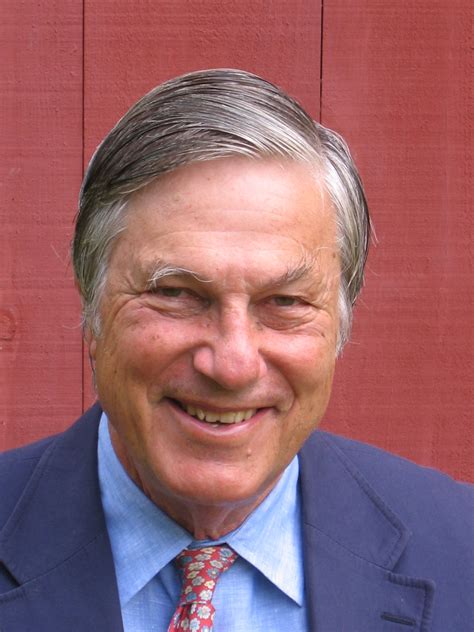Цитата Дэниела Деннета
Разве не правда, что все, что не определяется нашими генами, должно определяться нашей средой? Что еще там? Есть Природа и есть Воспитание. Есть ли также какой-то X, какой-то дополнительный вклад в то, чем мы являемся? Есть Шанс. Удача. Этот дополнительный ингредиент важен, но он не обязательно должен поступать из квантовых недр наших атомов или с какой-то далекой звезды. Оно окружает нас повсюду в беспричинном подбрасывании монеты в нашем шумном мире, автоматически заполняя пробелы в спецификации, оставшиеся незафиксированными нашими генами и незафиксированными существенными причинами в нашей среде.
Темы цитат
Также
вокруг
атомов
Автоматически
Недра
Причины
Случайная
монета
Приходит
решительная
Далекая
Другая
окружающая среда
Дополнительное
заполнение
Заполнение
переворота
Дальнейшие
пробелы
Гены
Важный
ингредиент
Левый
Удача
Должна
Природа
Шумное
Воспитание
Наша
окружающая среда
Квантовая
некоторая
спецификация
Звезда
Истинные
мы
Какой бы
мир
Связанные цитаты
Существует очень интересная и сложная связь между окружающей средой и нашими генами, а также чертами, возникающими из среды плюс гены. И есть огромный потенциал. Я имею в виду, что мы видим удивительные способности. Мария Кюри, Альберт Эйнштейн. Все виды искусства, литературы и так далее. Это не типичные черты для всех на земле.
Исследование Шварца предполагает нечто важное: мы можем расширять нашу личность, но только до определенного предела. Наш врожденный темперамент влияет на нас, независимо от того, какую жизнь мы ведем. Значительная часть того, кто мы есть, предопределена нашими генами, нашим мозгом, нашей нервной системой. И все же эластичность, которую Шварц обнаружил у некоторых высокореактивных подростков, также предполагает обратное: у нас есть свобода воли, и мы можем использовать ее для формирования своей личности.
Наши представления о себе по отношению к окружающему миру являются корнями наших ценностей, а наши ценности определяют не только наши непосредственные действия, но и с течением времени форму нашего общества. Наши убеждения все больше определяются наукой. Следовательно, можно, по крайней мере, предположить, что то, что наука рассказывала нам в течение трехсот лет о человеке и его месте в природе, к настоящему времени может сыграть важную роль в нашей жизни.
Изучение того, как вещества изменяют экспрессию генов, является частью области эпигенетики. Некоторые химические воздействия, по-видимому, включают и выключают гены таким образом, что это нарушает регуляцию роста клеток и предрасполагает к раку. С этой точки зрения наши гены не столько управляют нашими клетками, сколько являются клавишами фортепиано, а окружающая среда — руками пианиста.
Великий парадокс детерминизма и свободы воли, который на протяжении поколений привлекал внимание мудрейших философов и психологов, можно сформулировать в более биологических терминах следующим образом: в движении до того, как мы родились, как внутри мозга может быть действительно независимый агент? Сам агент создается взаимодействием генов и окружающей среды. Казалось бы, наша свобода есть только самообман.
Наше окружение, мир, в котором мы живем и работаем, является зеркалом нашего отношения и ожиданий. Если мы чувствуем, что наше окружение можно немного улучшить, мы можем добиться этого изменения к лучшему, изменив свое отношение. В мире нет фаворитов. Это безлично. Неважно, кто преуспевает, а кто терпит неудачу. Неважно, если мы изменимся. Наше отношение к жизни влияет на мир и людей в нем не так сильно, как на нас.
Старение счастливым и здоровым, а не грустным и больным, находится, по крайней мере, под личным контролем. У нас есть значительный контроль над своим весом, физическими упражнениями, образованием и злоупотреблением сигаретами и алкоголем. Благодаря тяжелой работе и/или терапии наши отношения с супругами и наши способы преодоления трудностей могут измениться к лучшему. Успешная старость может заключаться не столько в наших звездах и генах, сколько в нас самих.
Когда мы входим в настоящее, мы снова начинаем ощущать жизнь вокруг себя, но также сталкиваемся с тем, чего избегали. Мы должны иметь мужество смотреть в лицо всему, что есть — нашей боли, нашим желаниям, нашему горю, нашей утрате, нашим тайным надеждам, нашей любви — всему, что трогает нас больше всего.
Конечно, наши гены делают некоторые способности более легкими для изучения, чем другие, и, конечно, сами наши гены не изучаются. Но суть остается в том, что гены сами по себе не являются когнитивными способностями, и что все, что можно назвать когнитивными способностями, в какой-то степени зависит от обучения и, следовательно, не является врожденным.









































